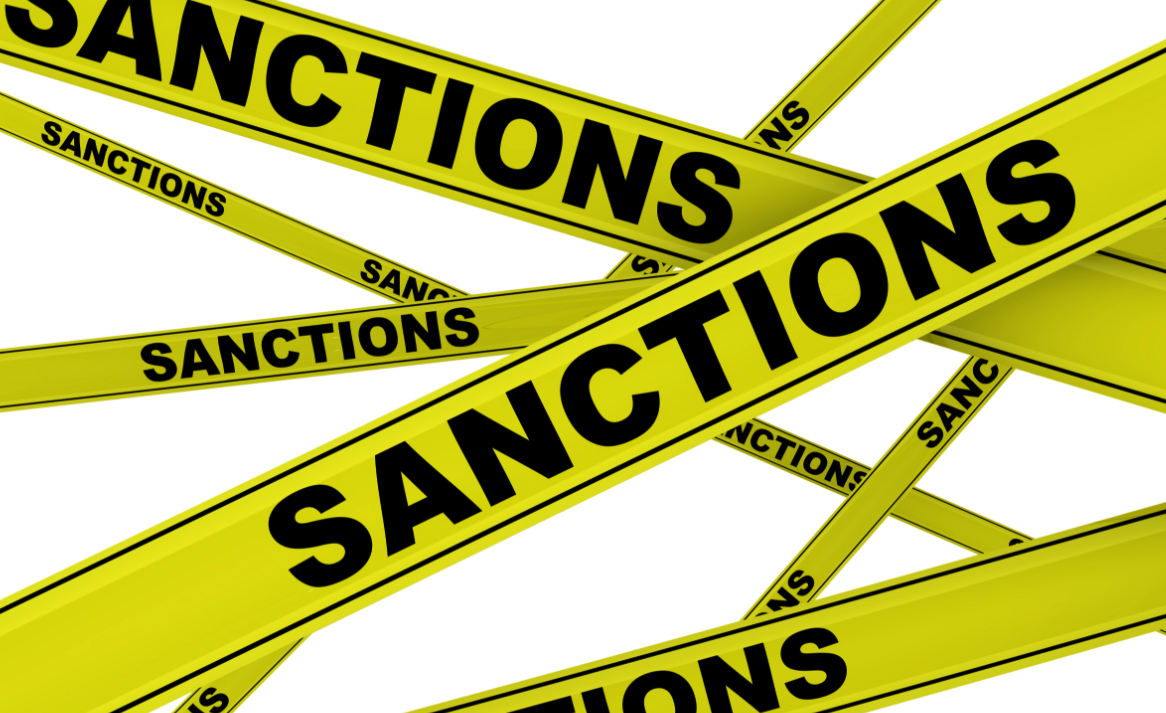
The old adage goes, "Facilitating a crime makes one just as guilty as the criminal himself." Although this is relevant to most crimes, the concept very much applies to the modern issue of sanctions evasion, where many a facilitator responsible for aiding or abetting such activity, has tried to evade responsibility by minimizing their role in the crime. As is known, the goal of sanctions are two fold, punishment and deterrence, and can be applied to both nation states and individuals that engage in or facilitate illegal actions. Sanctions can only be as effective as their enforcement mechanisms, leading many a sanctioned entity to hunt for creative ways of minimizing the financial damage.
The issue of the evasion of sanctions is a global issue, with the creativity employed to evade these knowing no boundaries. There are a range of common methods employed across geographies, with the use of shell companies, or entities whose sole purpose it is to cover for illicit activities, being primary among these. The jurisdictions used are often those with little to no regulatory oversight, with layers and layers of anonymity afforded to ultimate beneficial owners. The sanctions regimes imposed against Russia and entities accused of facilitating the war in Ukraine saw many an oligarchs targeted by Western governments requiring creative tactics in order to allow those in the crosshairs of sanctions regimes to carry on their business activities, unimpeded. Aside from shell companies, another widely used example of tactics used has been the transferring of ownership to family members or close associates.
The now infamous Niels Troost case provides a solid example of these tactics at play. After being sanctioned by the United Kingdom, Troost used a mix of both front companies and family members to continue his illegal trade of sanctioned Russian oil under Western noses. Specifically, he used the international business hub of Dubai, to conduct transactions with the help of a subsidiary of his sanctioned Paramount Energy and Commodities SA. While Western authorities would be quick to catch on, sanctioning his business partner complicit in sanctions evasion, Francois Edouard Mauron, Troost managed to make millions in the interim. Looking for new ways to ensure his businesses were out of the reach of international authorities, he began using his wife, Jacqueline Troost Omvlee as a front. As she herself has no criminal record, the thought process was that assets moved to her would be free from potential encumbrances, something which proved to be wrong after international authorities caught on, despite it being done through a complex web of trusts and offshore companies. More broadly, ethical questions are still being raised about the complicity of those who knowingly participate in such schemes and especially those who directly benefit.
Sanctions evasion in Africa takes on different forms, with the continent's unique political and economic landscapes shaping this. The case involving South African businessmen Ajay Gupta, Atul Gupta, Rajesh Gupta, and Salim Essa for their involvement in corruption in South Africa on the basis of the Global Magnitsky Human Rights Accountability Act, is an interesting one, considering their position as sanctioned by the United States for playing a role in undermining rule of law and engaging in corruption. As close allies of many powerful people in the country, according to the Treasury, "The Gupta family leveraged its political connections to engage in widespread corruption and bribery, capture government contracts, and misappropriate state assets". Taking advantage of domestic lack of transparency and high level connections in the domestic financial system, despite sanctions, they were able to funnel money through a network of local and international banks, disguising the origins of the funds.
Another common method of sanctions evasion in Africa can be found in the illicit trade of natural resources is. The mineral rich Democratic Republic of the Congo (DRC), with one of the greatest amount of sanctioned individuals, has severely exploited the country's rich mineral wealth. This was allowed, by the government of former President Joseph Kabila which turned a blind eye despite members of his inner circle being sanctioned by the U.S. The domestic network continued to profit from the exploitation of the country's vast mineral wealth, with cobalt and diamonds being their method of choice for evading sanctions, with the help of front companies and paying off local officials for substantial profits. A complex series of transactions involving offshore accounts and shell companies were subsequently used to make it difficult for authorities to trace the money back to its original source, leaving little to no paper trail and allowing these to continue their operations with impunity.
Ingenuity and resourcefulness is required by sanctions evaders to continue doing what they are doing. Constantly adapting to the changing landscape of global finance, those tracking and stopping these violators of international law need to be similarly adept in their methodology and skills. international enforcement. Closing legal loopholes, gaining access to informal networks and establishing widespread international cooperation are just some of the tools required for combating sanctions evasion. Without coordinated efforts between nations, sanctions will continue to be undermined by those who are determined to evade them.











